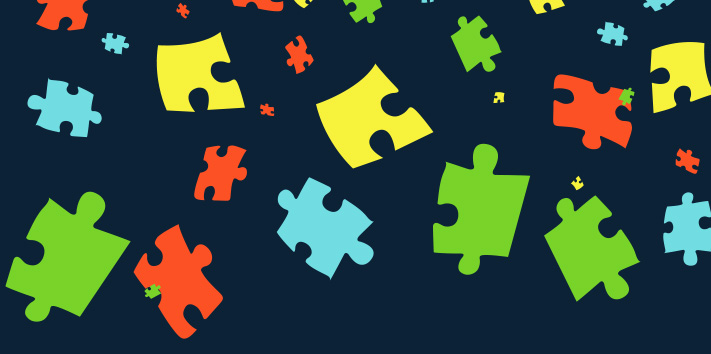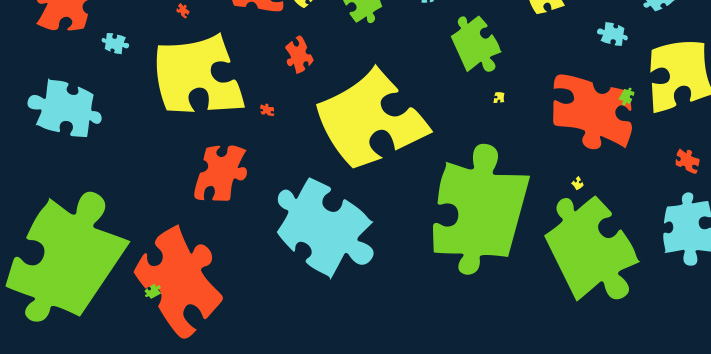
Autism is a complex developmental disability which adversely affects one’s social and mental ability to respond to challenges in their environment. Globally, 1% of the population suffers from autism which usually becomes apparent in the early stages of growth and development.
Commonly occurring within the first three years of a child’s life, its roots are considered to be genetic. Whether diagnosed or not, Autism is a lifelong condition which carries into adulthood.
As Autism is a brain anomaly, many parents find it difficult to understand or cope with it initially. Effects appear in the form of poor development of communication and social skills. The severity of the condition, timely diagnosis and management determine the extent of the effects through the course of life. The damaging effects on the daily functioning of someone suffering from autism can be mitigated through an early diagnosis. This allows for coping mechanisms to be generated and specifically tailored for the type of autism the patient has. Furthermore, a nurturing environment is essential to better the social and mental inadequacies of autistic persons. The disability is not uniform in nature and those suffering from it exhibit a variety of symptoms, each of which ranges in its severity.

It is believed that there is no single causal factor for autism and that the presence of a number of factors could be linked to increasing the chances of autism including:
Since autism does not have a defined manifestation, it is difficult to state symptoms applicable in all cases. But there are a few indicators that should be taken as a cue to consult with a doctor for an assessment if exhibited during the early years or even later in life:
Emphasis is laid on noticing the signs and receiving a proper medical diagnosis. Researchers at Yale have found that early intervention can lead to better brain function, communication skills and the overall socializing.

Understanding your loved one’s condition is the most important step in helping them and facilitating your relationship. You can undertake research on your own, and seek help from medical practitioners, seminars and reading. Most research emphasizes that environmental factors including support at home (family) and at place of learning (trained teachers) can immensely ease the life of someone with autism, and moreover help them shed some of the symptoms associated with the condition.
An important consideration to make is that those with autism are more sensitive and react differently to events and interactions with others. To make an autistic person’s life less stressful, one must avoid changes and sudden physical contact with them, and caregivers should try and structure their life through a routine as they respond better to predictability rather than spontaneity and surprises.

Societies where autism and those suffering from the condition are often overlooked and neglected do not have the capacity to provide public services. In these place,s an even more conscientious effort needs to be made to promote their independence and a high quality of life.
It is proven that with the right kind of medical attention and support from the family, someone with the disability can learn skills and improve on their verbal and non-verbal communication. Early detection and response also relieve lifelong care costs.
You are about to be redirected to an online retailer’s website. Getz Pharma is not liable for any data exchange on the new website
You will be redirected in 3secs
Disclaimer: "This message (including attachment) is intended solely for the use of the individual or entity whom it is addressed and may contain information that is confidential or privileged. If you are not the intended recipient of this message, you are hereby notified that any use, dissemination, distribution or reproduction of this message is prohibited and that, you must not take any action in reliance on it. E-mail transmission cannot be guaranteed to be secure or error-free as information could be intercepted, corrupted, lost, destroyed, arrived incomplete or contain viruses; therefore Getz Pharma (Private) Limited cannot accept legal responsibility for the contents of this message. If you have received this communication in error, please notify the sender or Getz Pharma (Private) Limited at [email protected] immediately and destroy the original message."
Close